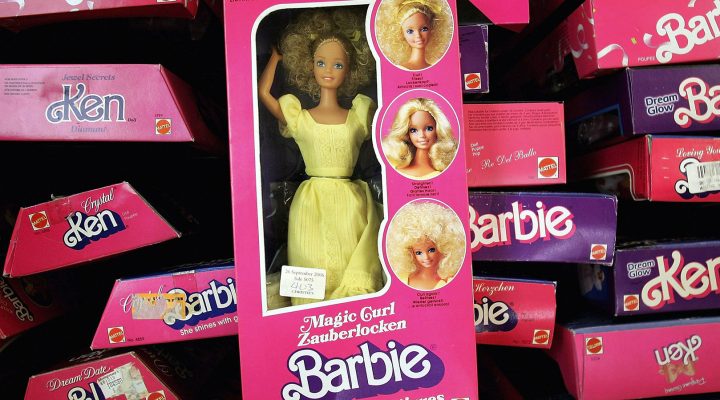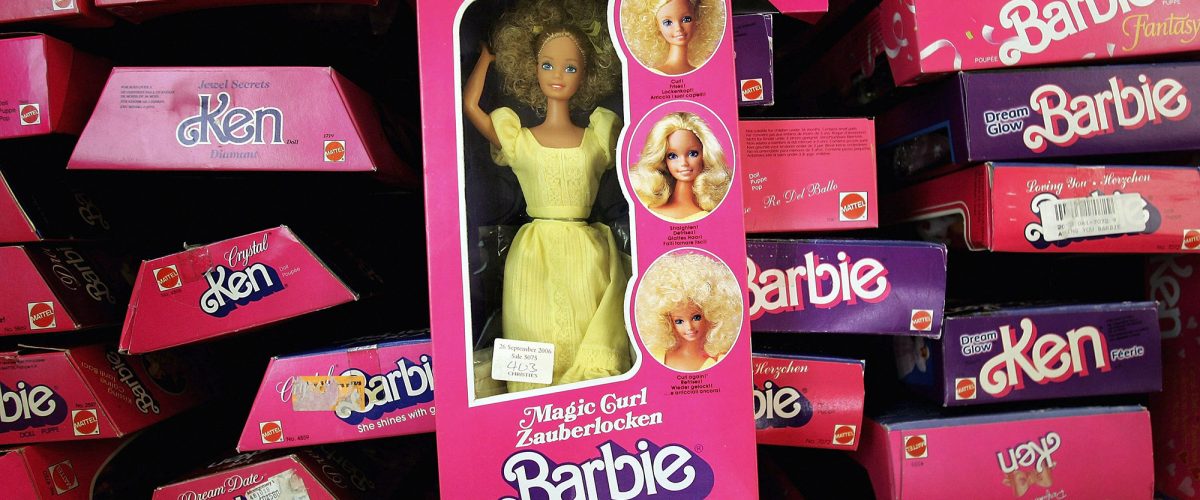My girlfriend and I went to see the Barbie movie a couple of weeks ago. We expected the movie just to be laughs and giggles because we thought it was a kids’ movie with a lighthearted story. However, that was not what we experienced.
After watching the movie and getting on Twitter and Instagram and seeing what other people had to say about it, I discovered their reactions and responses were not the same as mine.
The Barbie movie waged war over social media — one side fighting the front of “it is too matriarchal and emasculates men” and the other side battling the front of “it exalts female power and that’s exactly what women need.”

Jeremiah Bullock
However, neither of those messages was what I received.
As we see Barbie go through this midlife crisis of not being the stereotypical Barbie she was made to be, it reminded me of a time before graduating high school when I was trying to figure out what I wanted to do. Before graduating high school, you are expected to have the rest of your life planned out. However, sometimes that may not be possible.
Some people need time to figure out who they are. Some people cling to what their parents, or their friends, or their parents’ friends are suggesting for them to be. Some people chase what makes the most money. Some people choose to do what everyone else decides to do.
Barbie goes to the real world to try to regain who she once was before her life started inexplicably changing. While in the real world, she finds the CEO of Mattel, thinking he holds the answers to her regaining normalcy. He wants her to her to “go back in the box” so that “everything will go back to normal.” She is tempted to go back into the box but at the last minute, before the wrist-size twist ties clasps her to the box, she slips out of their grasp and runs for the door.
“They often want to put us right back into that box we were questioning in the first place.”
In real life as young adults, when we have doubts about our vocation, we ask our friends, we ask our parents, we ask the people around us for confirmation to make sure we are doing the right thing. But they often want to put us right back into that box we were questioning in the first place.
It’s not until Barbie meets the creator of the Barbie doll that she understands she can be whatever she desires to be. Barbie chooses to be a finite human rather than living a perfect life forever in Barbieland.
We, too, can seek the validation of the wrong people in our lives. People will give us biased answers, try to live their dreams through us and urge us to get back in the box.
My takeaway from this movie is that you get to decide who you want to be.
Although the chase of money, or the pleasure of your parents, or the praise of friends and family may be attractive, the best thing you can receive is the feeling of freedom of doing or being whatever you desire to be.
As long as your heart is satisfied with where you are going, you shouldn’t long for the confirmation of others who don’t know you better than you know yourself.
Jeremiah Bullock is a junior at Wingate University. He is serving this semester as BNG’s Clemons Fellow.
Related articles:
Pastor’s Wife Barbie | Analysis by Kristen Thomason
The Barbie movie and Christian calling as a struggle of creation | Opinion by Mallory Challis
It’s time for Pastor Barbie | Opinion by Patrick Wilson
Why the patriarchy is hyperventilating over Barbie | Analysis by Rick Pidcock
Can Barbie help us create justice? | Opinion by Val Fisk
What was I made for? Not to be pretty or skinny | Opinion by Brianna Childs


